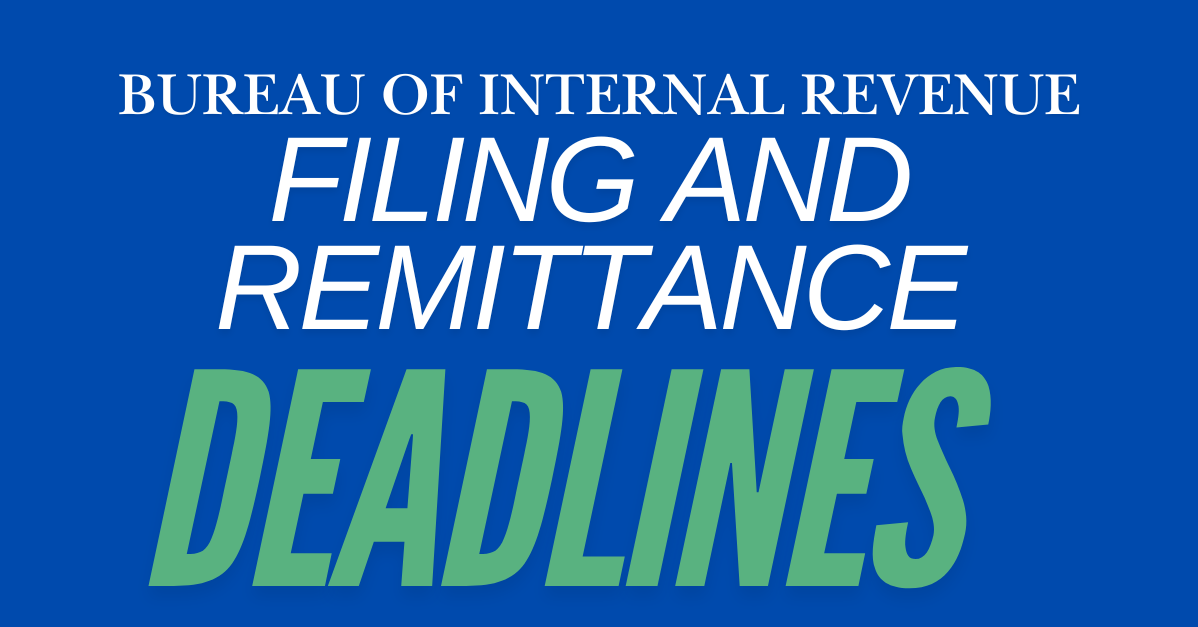As Southeast Asia continues to rise as a global business hub, the Philippines remains a top destination for foreign investors looking to tap into the region’s economic growth.
With its strategic location, highly skilled and English-speaking workforce, and government support for foreign investments, the Philippines offers numerous opportunities for international businesses.
Whether you are considering setting up a wholly foreign-owned company or establishing a joint venture, understanding the registration process and legal requirements is essential for a successful business venture.
This comprehensive guide will walk you through the steps, requirements, and options for registering a foreign-owned business in the Philippines.
Table of Contents
ToggleTypes of Foreign-Owned Businesses You Can Register in the Philippines
Before diving into the registration process, it’s essential to determine the structure that suits your business. The Philippines allows foreign nationals to operate businesses under various structures, depending on the ownership and industry regulations.
The most common types of foreign-owned businesses are:
1. Wholly Foreign-Owned Domestic Corporation
A domestic corporation with 100% foreign ownership is allowed in industries that are not restricted by the Foreign Investment Negative List (FINL). This type of corporation must have at least two (2) incorporators and comply with the minimum capital requirements.
- The minimum paid-up capital for a wholly foreign-owned domestic corporation is USD 200,000. However, this can be lowered to USD 100,000 if the company employs at least 50 Filipino workers or introduces advanced technology.
2. Foreign-Owned Partnership
A foreign-owned partnership can be established between a foreign investor and local Filipino partners. The degree of foreign ownership will determine the applicable laws and minimum capital requirements. The SEC (Securities and Exchange Commission) governs the registration process for partnerships.
3. Representative Office
A Representative Office is a branch of a foreign company that is allowed to operate in the Philippines without generating income locally. Its primary role is to liaise with the parent company, provide marketing support, and promote its products and services. A Representative Office must have at least USD 30,000 capital and cannot engage in profit-generating activities.
4. Branch Office
A Branch Office of a foreign corporation can engage in income-generating activities and operate much like a domestic corporation. The branch can perform the same business activities as its parent company but must have USD 200,000 in paid-up capital. Similar to domestic corporations, the capital requirement can be reduced if the branch employs at least 50 Filipinos or introduces advanced technology.
5. Regional Headquarters (RHQ) and Regional Operating Headquarters (ROHQ)
- An RHQ acts as an administrative or supervisory office for the parent company’s activities in the Asia-Pacific region. It cannot earn income in the Philippines and is only allowed to provide coordination and communication services. A minimum capital of USD 50,000 is required.
- An ROHQ, on the other hand, is permitted to perform income-generating activities, such as providing management, marketing, or financial services to its affiliates or subsidiaries. The minimum capital requirement for an ROHQ is USD 200,000.
Restrictions on Foreign Ownership in the Philippines
While the Philippines offers a wide range of business opportunities for foreign investors, it imposes certain restrictions on foreign ownership through the Foreign Investment Negative List (FINL). The FINL is a list of industries where foreign ownership is either limited or prohibited. Here are the main categories:
- List A: Industries reserved for Filipino nationals due to constitutional or statutory restrictions. For instance, mass media, the practice of professions, and small-scale mining are fully reserved for Filipinos.
- List B: Industries that impose foreign ownership restrictions due to reasons like national security or public interest. Foreign ownership in these industries is typically limited to 40%.
Foreign investors are advised to review the FINL to determine if their intended business activities fall under restricted industries.
For More Details of Our Services: Incorporation Services in Davao City for Foreigners
Steps to Register a Foreign-Owned Business in the Philippines
Once you’ve selected the type of business entity and confirmed that your industry does not fall under restricted categories, you can proceed with the registration process. Here’s a step-by-step guide:
Step 1: Secure a Business Name
- The first step is to reserve a business name with the Securities and Exchange Commission (SEC) for corporations or partnerships. Ensure that the name is unique and compliant with SEC guidelines.
Step 2: Prepare the Required Documents
- The registration process requires various documents depending on the type of business. Below is a general list of common requirements:
-
-
-
- Articles of Incorporation or Partnership
- By-Laws (for corporations)
- Foreign Investment Application (FIA) Form (for foreign-owned entities)
- Board Resolution from the Parent Company (for branch offices and representative offices)
- Proof of inward remittance of capital
-
-
-
Step 3: Register with the SEC
- Submit your documents to the Securities and Exchange Commission (SEC) for review. The SEC is the primary regulatory body for registering foreign-owned corporations, partnerships, branch offices, and representative offices in the Philippines. Once approved, the SEC will issue the Certificate of Incorporation or Registration, depending on your business structure.
Step 4: Obtain a Business Permit
- After securing your SEC registration, you will need to obtain a Mayor’s Permit from the local government unit (LGU) where your business is located. This involves securing a Barangay Clearance, Fire Safety Inspection Certificate, Sanitary Permit, and other local permits.
Read More: Complete Guide to Obtaining a Mayor’s Permit in the Philippines
Step 5: Register with the Bureau of Internal Revenue (BIR)
- All businesses in the Philippines must register with the Bureau of Internal Revenue (BIR) to obtain a Tax Identification Number (TIN). You will also need to register your business’s books of accounts and official receipts. The BIR will determine your business’s tax classification, including whether it is subject to Value Added Tax (VAT) or Percentage Tax.
Step 6: Register with Government Agencies for Employee Benefits
• If your business will employ workers, you must register with:
- Social Security System (SSS)
- PhilHealth
- Pag-IBIG Fund
Step 7: Open a Corporate Bank Account
- To operate in the Philippines, a foreign-owned business must open a corporate bank account with a Philippine bank. You will be required to present your SEC registration, BIR certificate, business permit, and other relevant documents when opening the account.
Capital Requirements for Foreign-Owned Businesses
The Philippines imposes minimum capital requirements for foreign-owned businesses, depending on the type of entity and industry. For example:
- Wholly foreign-owned domestic corporations: USD 200,000 (can be lowered to USD 100,000 under certain conditions).
- Representative offices: USD 30,000
- Branch offices: USD 200,000
- Regional Headquarters (RHQ): USD 50,000
- Regional Operating Headquarters (ROHQ): USD 200,000
Incentives for Foreign Investors in the Philippines
Foreign investors can benefit from various incentives when setting up a business in the Philippines, particularly if their business is located in designated economic zones or freeports. The Philippine Economic Zone Authority (PEZA) and the Board of Investments (BOI) offer incentives such as:
- Income tax holidays (up to six years)
- Exemption from import duties on capital equipment
- Simplified customs procedures
- Exemption from local taxes in certain areas
Investors looking to take advantage of these incentives should consider registering their businesses with PEZA or BOI.
Conclusion
The Philippines is an attractive destination for foreign-owned businesses due to its favorable investment environment, strategic location, and skilled workforce. Foreign investors can successfully set up and operate their businesses in the country by understanding the different types of business structures, complying with local regulations, and meeting capital requirements.
Whether you want to establish a wholly foreign-owned company, set up a branch office, or create a joint venture, navigating the registration process in the Philippines is manageable with the proper guidance. Partnering with business registration experts can help streamline the process, ensuring full compliance with the requirements while you focus on growing your business in the dynamic Philippine market.











